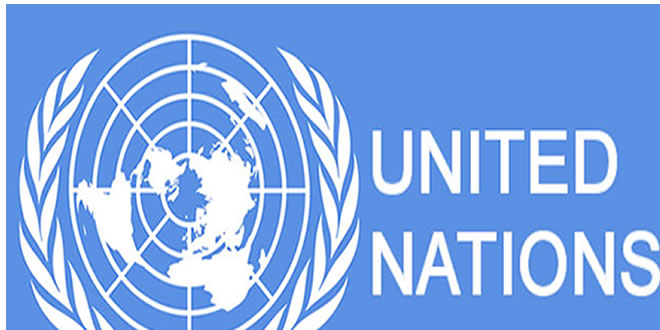The United Nations (UN) has issued a stark warning that the ongoing fuel shortage in Gaza has reached critical levels, threatening to shut down vital humanitarian services for over 2.1 million people.
In a joint statement released by OCHA, UNDP, UNFPA, UNOPS, UNRWA, WFP, and WHO, the agencies stressed that fuel is the lifeblood of all humanitarian efforts and basic services in Gaza. I
It absence would effectively bring life-saving operations to a standstill.
Read Also: Israel continues Gaza strikes as Hamas agrees to ceasefire talks
“Fuel powers hospitals, water systems, sanitation networks, ambulances, and every aspect of humanitarian operations,” the statement read. “Without fuel, these lifelines will vanish for 2.1 million people.”
After nearly two years of devastating conflict, the people of Gaza are already enduring extreme hardship, with food insecurity on the rise. The agencies warned that a complete fuel shutdown would add an “unbearable burden” to a population already on the brink of starvation.
UN officials revealed that the ongoing shortage is beginning to paralyse all humanitarian sectors. Hospitals are increasingly unable to function, with intensive care, maternity, and neonatal units facing imminent shutdown.
Ambulances are immobilised, roads are blocked, and the delivery of critical aid is grinding to a halt.
The impact extends to daily survival. Bakeries and community kitchens, which rely on fuel to feed thousands, are being forced to close.
Water treatment and sanitation systems are failing, exposing families to the risk of deadly disease outbreaks.
Solid waste and sewage are building up in the streets, compounding health risks.
Telecommunications, essential for coordination and family contact, are also under threat. As networks go dark, communities are left isolated, unable to access life-saving information or communicate with loved ones.
While a limited fuel delivery was permitted into Gaza this week – the first in 130 days – UN agencies say it is only a fraction of what is urgently required to maintain daily life and humanitarian response.
“This is a welcome development, but it is a small fraction of what is needed each day,” the agencies said. “fuel must be allowed into Gaza in sufficient quantities and consistently to sustain life-saving operations. .”
The UN agencies stressed that time is running out and reiterated their appeal to all parties to allow unimpeded fuel access into Gaza, highlighting that the survival of millions depends on it.



